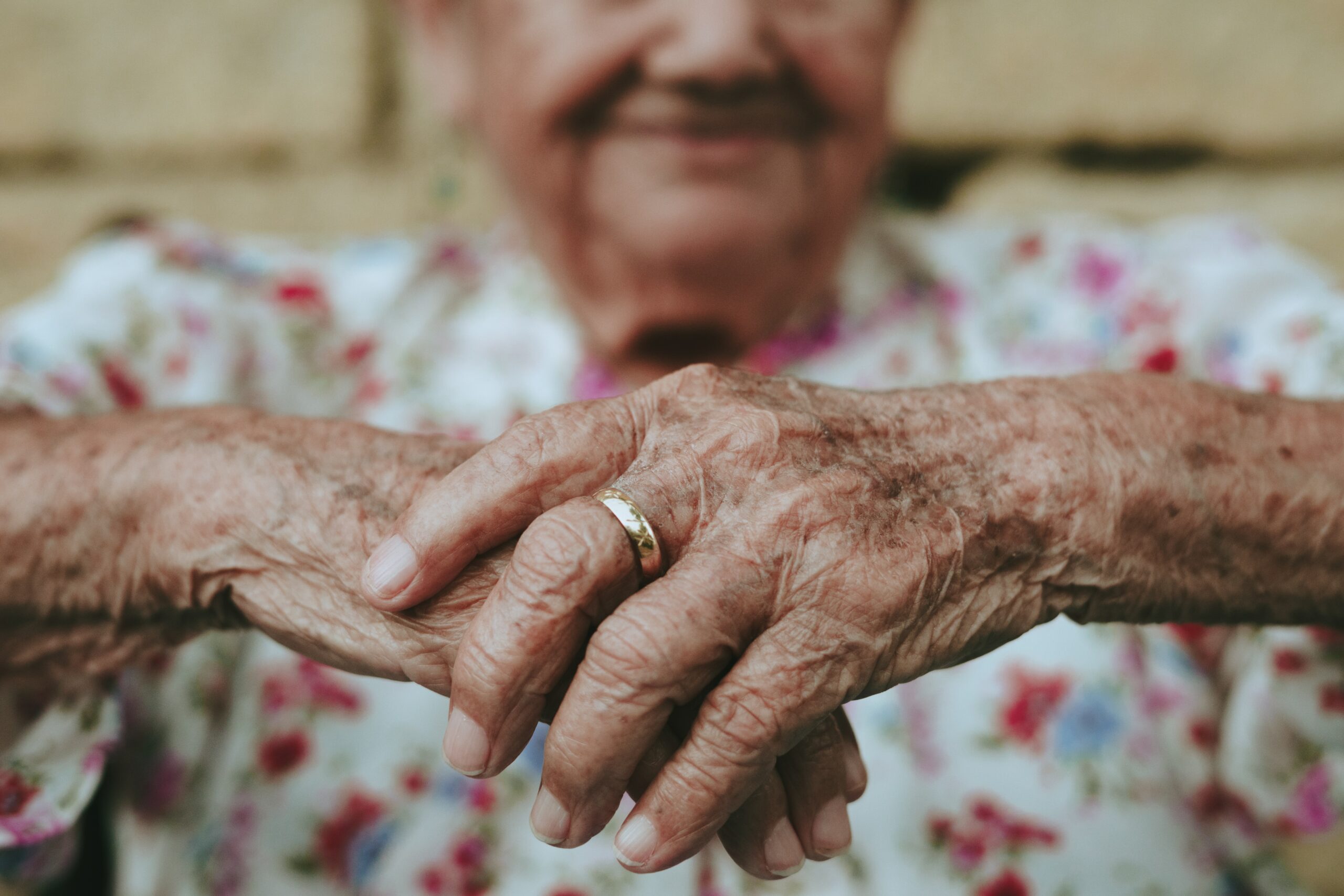Highlighting Australia
- As a proudly Australian initiative, we’re excited to showcase a collection of Australian stories, music, tributes and more.

Join activities, celebrations, study groups, spiritual empowerment and education programs for young people, and more.
Baha’i beliefs address essential spiritual themes for humanity’s collective and individual advancement. Learn more about these and more.


It is 6am on another sunny August morning in northern California (USA). I am standing beside my mother looking out through the kitchen window at a hummingbird feeding on the sun-warmed nectar in the throats of the crimson trumpet-shaped hibiscus blossoms on the bush outside. Mom has always loved hummingbirds. Perhaps it is the miracle of these tiny, brightly coloured and graceful beings, who, despite having a heart the size of a fingernail, can fly hundreds of kilometres without pausing to rest that mesmerizes her. Hummingbirds can feed on more than a thousand flowers in a single day. Perhaps because of the intensity with which they live, hummingbirds’ lives are incredibly brief. Like the hummingbird, my mother has always given everything of herself that she could possibly give to life. She has always been strong and resilient. She is a rock for my entire family. However in this delicate moment of reflection, my giant-hearted mother is dying. Unbeknownst to us, in this moment, she has less than a month to live, and so much more that she wants to do in this world that it breaks my heart.
The Baha’i Writings speak a lot about accompaniment. In its 2010 Ridvan Message, the Universal House of Justice said that we need to stand shoulder to shoulder with each other, supporting each other through our struggles and partaking in each other’s joys.1 We dedicate a great deal of energy learning how to accompany each other during our earthly lives. But as my mother approached the day when her soul would end its association with her physical body, I realized that I knew very little about how to best accompany her as she moved towards the end of her life.
A yoga teacher once told me that the attention with which we end each chapter of our lives is important because how we go about ending the current chapter is simultaneously setting the tone for the new chapter that is just getting started. When a person is dying it is hard to let go of our personal feelings long enough to figure out what our loved one wants and needs. And yet learning to listen and prioritizing their process over our own grief is an essential part of walking beside someone who is dying. Not to say that there shouldn’t be space for our grief. Sharing our feelings often gives them permission to share theirs too. But there will be plenty of time to express our grief once they have moved on to the next phase of their journey.
There were many lessons I learned during the last few weeks of my mother’s life. Each of us lives through the death of a loved one in our own way and according to our own culture. However there do seem to be certain universal experiences shared by those accompanying someone nearing the end of their life. Below are some nuggets of wisdom that I took away from my own experience. I share them here in the hope that they might prove helpful to others accompanying their loved ones through their end of life journey.
These are a few of the many insights that accompanying my mother through the end of her earthly life, and the beginning of her soul’s journey into the next realm, brought me. There are many possible ways of accompanying our loved ones, and there truly is no right or wrong way of doing it. The most important thing is to remember that this is their death. Listen to how they want to do it, and follow their lead, patiently, lovingly and with as much compassion as you can—both for them and for yourself as the caregiver.
"*" indicates required fields

We recognise their continuing connection to land, waters and community. We pay our respects to Aboriginal and Torres Strait Islander people and their cultures; and to elders both past and present.
The views expressed in our content reflect individual perspectives and do not represent authoritative views of the Baha’i Faith.

Visit the site of the
Australian Baha’i Community
and the Baha’i Faith Worldwide
Notifications